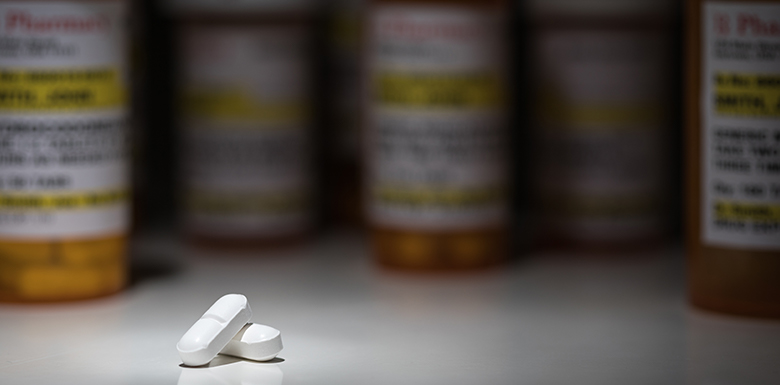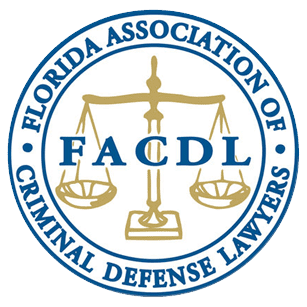
Controlled substances are classified into five categories called schedules. The lower the number, the more dangerous the substance and the more severe the penalty. However, a controlled substance schedule is only one factor when you are facing a potential criminal conviction.
If you are facing a drug charge, a defense lawyer can help you understand the charges against you and options for a viable defense. Keep reading to learn more about the controlled substance schedules in Florida.
Controlled Dangerous Substances in Florida
In Florida, drugs are called controlled dangerous substances. They also include the compounds used to manufacture drugs. Each drug is classified into one of five categories, called schedules. These schedules are separated depending on the potential for abuse, addictive qualities, and accepted medical use – or lack thereof – for each substance.
Schedule I
Schedule I drugs have a high potential for abuse. Therefore, except for medical cannabis, which is legal in Florida, there is no accepted medical use for Schedule I drugs.
Schedule I drugs include:
Schedule II
Schedule II drugs have a high potential for abuse, and some accepted medical use with restrictions. People who take legally prescribed Schedule II drugs can become dependent on them and monitored by their doctors.
Some examples of Schedule II substances include:
- Morphine
- Opium
- Cocaine
- Methadone
- Adderall
- Ritalin
- Meth
- Dilaudid
- Hydrocodone
Schedule III
Schedule III drugs can be used medically in certain situations but are considered moderately addictive.
Some of the more commonly known types of Schedule III drugs include:
- Anabolic steroids
- Testosterone
- Ketamine
- Codeine
Schedule IV
Schedule IV drugs have accepted medical use with a moderate or low potential for abuse. However, it is possible to become physically or mentally addicted to Schedule IV drugs.
Schedule IV drugs include:
- Diazepam
- Barbital
- Lorazepam
- Phentermine
- Xanax
- Darvon
- Ambien
- Soma
Schedule V
Schedule V drugs have the lowest potential for abuse, a minimal likelihood of dependency, and widely accepted medical use.
Some of the different types of drugs classified as Schedule V include:
- Lomotil
- Motofen
- Pregabalin
- Pyrovalerone
Penalties for Possession of a Controlled Substance
The state of Florida takes drug crimes very seriously. If you are found guilty of possession of a controlled substance, you could face harsh penalties.
The severity of the penalties will depend on many factors, such as:
- Any prior criminal record
- The type of drug
- The amount of drug
- Purpose or use – possession and personal use versus intent to sell or trafficking
- Where you had the drug – schools and other locations carry a higher penalty for possession and trafficking
Possession can be a misdemeanor or a felony. If you are convicted of a first-degree misdemeanor, you could spend up to one year in jail and pay a fine of up to $1,000.
Felony possession charges can be either first-degree or third-degree, depending on the details of your case. Third-degree felony possession charges carry a maximum prison term of five years. They also have fines of up to $5,000.
First-degree felony possession charges are much worse. They carry a maximum prison term of up to 30 years. In addition, you could be ordered to pay fines as high as $10,000. Habitual first-degree felony drug possession offenders could even be sentenced to life in prison.
These harsh penalties mean that you should consider hiring a legal criminal defense lawyer. You will want to have as many advantages as possible when you are facing imprisonment.
Contact a Drug Possession Lawyer in Sarasota
Do you want to take a chance with an overwhelmed public defender for your drug arrest or trial? A Sarasota drug lawyer could help you defeat the charges or earn an acquittal. Contact Erika Valcarcel, Criminal Defense Lawyer, P.A., for help.
Call (941) 363-7900 or complete our quick contact form today for a free, no-obligation consultation.
View All Blogs

